In Hanoi, the Korean milk grape growing model is emerging as a potential solution, bringing high economic value and opening up a sustainable development direction for urban agriculture.
Modern farming techniques
Faced with the reality of the decreasing efficiency of rice and corn cultivation, many farmers in Hanoi have proactively sought new crops with higher economic value. Korean milk grapes, an imported variety, are attracting attention thanks to their outstanding product quality, suitable for market demand. This is a seedless grape variety with a sweet taste, characteristic aroma and eye-catching appearance with a velvety green skin.
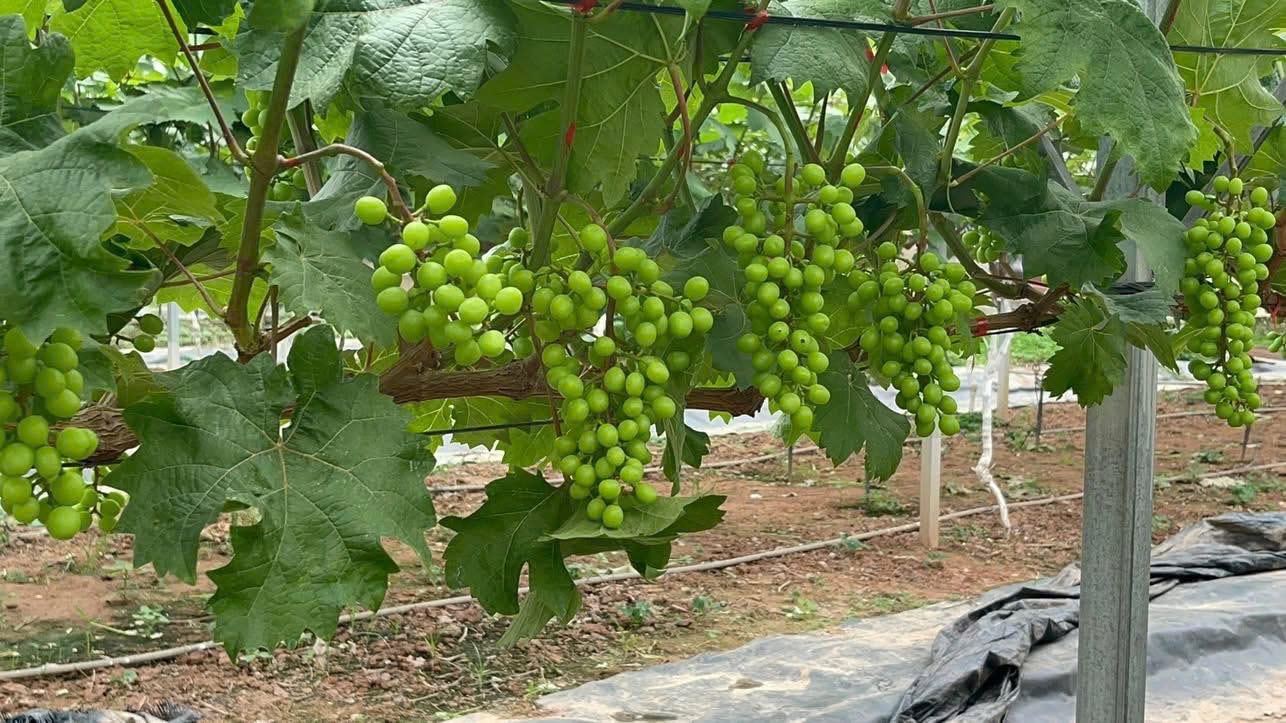
Mr. Ta Quoc Hoang, a farmer in Noi Bai commune, has pioneered in converting 1 hectare of rice land to grow Korean milk grapes since 2024. With an initial investment of nearly 1 billion VND, he has built an automatic irrigation system, made a nylon dome to control climate conditions and applied organic farming methods. Thanks to that, after nearly 2 years, Mr. Hoang's vineyard has adapted well to local soil conditions, the plants grow healthily and achieve high yields.
Not only stopping at farming, Mr. Hoang also actively promotes products through social media channels such as Facebook and Zalo, and at the same time plans to combine eco -tourism development in the garden to increase economic value.
To achieve high efficiency in growing Korean milk grapes, applying modern farming techniques is a key factor. Mr. Nguyen Huu Hung in An Khanh commune had a lot of experience in growing Black Summer grapes before expanding the area to Korean milk grapes. According to Mr. Hung, this grape variety requires dry climate conditions, avoiding high humidity and heavy rain to limit the risk of fungal infections.
With an area of 1 hectare, Mr. Hung applies the care process according to VietGAP standards, using completely organic fertilizers and biological pesticides. Thanks to that, his grape products not only ensure quality but also meet food safety standards, creating trust with consumers.
In particular, Mr. Hung's family also organizes grape harvesting experiences in the garden, attracting a large number of visitors. Directly witnessing the production process and enjoying the products right in the garden has created a special attraction for consumers. Currently, the selling price of grapes in the garden ranges from 150,000 - 250,000 VND/kg, bringing a stable source of income for the family.
Development potential of urban agriculture
The initial successes of the Korean grape growing model in Hanoi not only bring high income to farmers but also affirm the development potential of modern urban agriculture. The application of biotechnology, smart irrigation systems and organic production processes have contributed to improving product quality, meeting the increasing demand of the market.
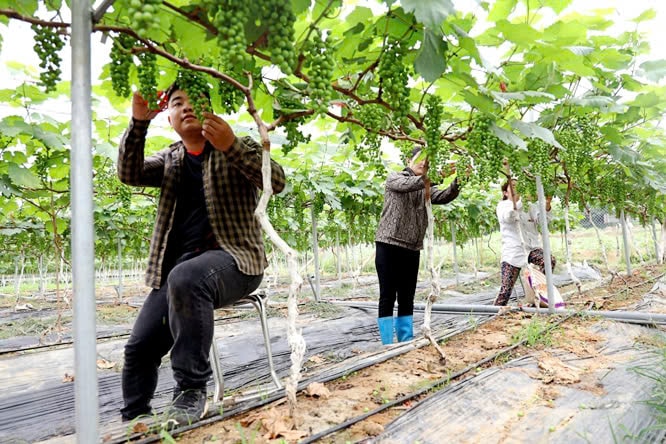
In the coming time, many households plan to expand the area of Korean milk grapes and link up to build a sustainable value chain. Mr. Nguyen Huu Hung shared his plan to cooperate with local households to increase the cultivated area, and at the same time bring products to the supermarket system and clean fruit stores. In addition, combining the development of experiential eco-tourism is also a potential direction to increase the economic value of this model.
The Korean grape growing model in Hanoi is becoming a clear demonstration of the strong transformation of urban agriculture in the context of modernization. With thorough investment in farming techniques, acumen in applying information technology and orientation towards sustainable development, farmers like Mr. Ta Quoc Hoang and Mr. Nguyen Huu Hung have been contributing to bringing Vietnamese agricultural products further into the market. This is not only a story of economic efficiency but also a lesson of creativity and determination in the journey to get rich from agriculture.
(Article in collaboration with Hanoi Agricultural Extension Center)
Source: https://daibieunhandan.vn/chuyen-doi-cay-trong-gia-tri-cao-xu-huong-tat-yeu-nang-cao-hieu-qua-kinh-te-10390495.html


![[Photo] Worshiping the Tuyet Son statue - a nearly 400-year-old treasure at Keo Pagoda](/_next/image?url=https%3A%2F%2Fvphoto.vietnam.vn%2Fthumb%2F1200x675%2Fvietnam%2Fresource%2FIMAGE%2F2025%2F12%2F02%2F1764679323086_ndo_br_tempimageomw0hi-4884-jpg.webp&w=3840&q=75)


![[Photo] Parade to celebrate the 50th anniversary of Laos' National Day](/_next/image?url=https%3A%2F%2Fvphoto.vietnam.vn%2Fthumb%2F1200x675%2Fvietnam%2Fresource%2FIMAGE%2F2025%2F12%2F02%2F1764691918289_ndo_br_0-jpg.webp&w=3840&q=75)


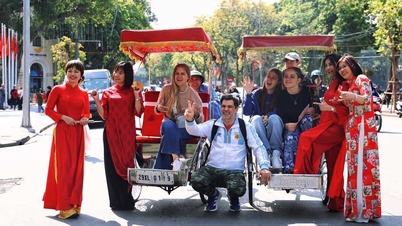





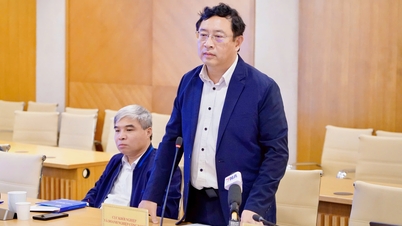



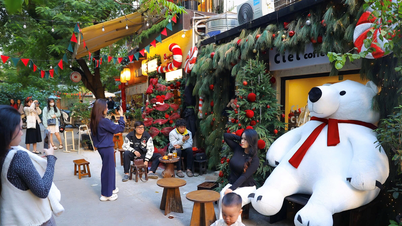



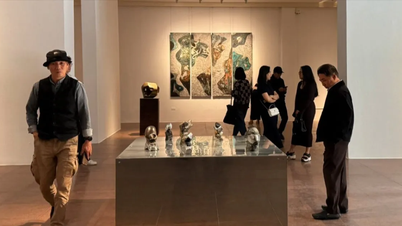



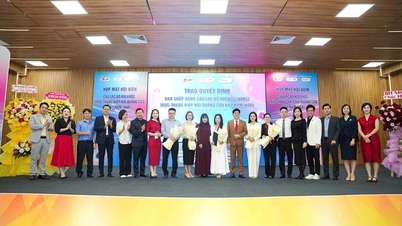







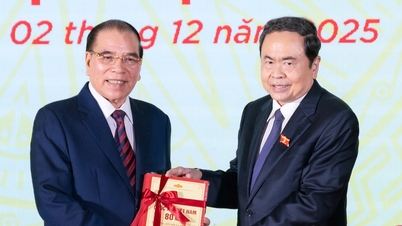
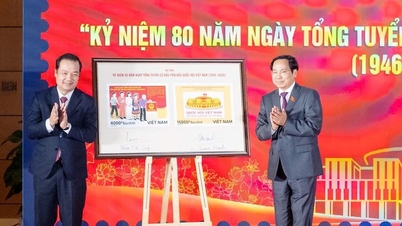
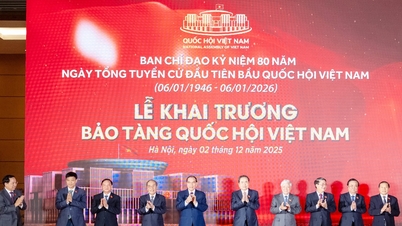

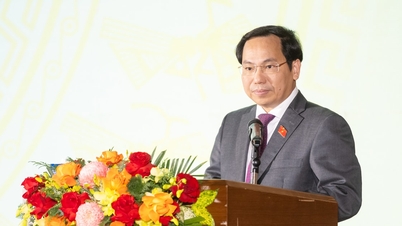












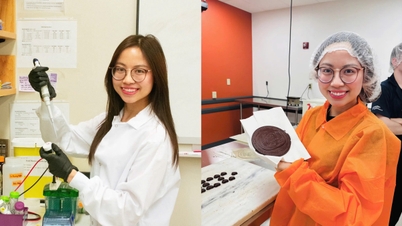





























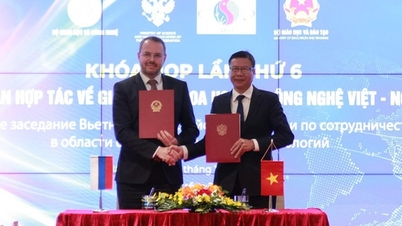




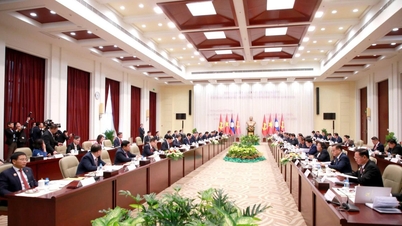

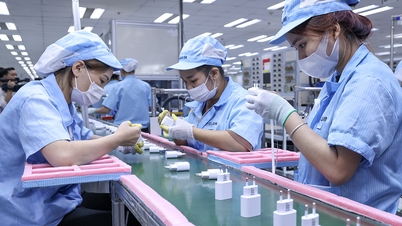
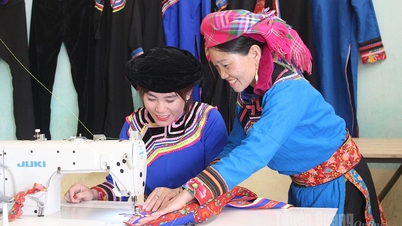


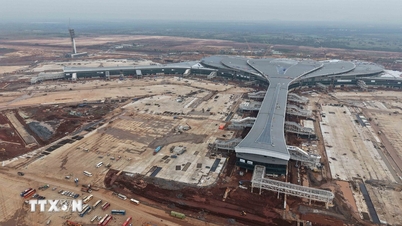


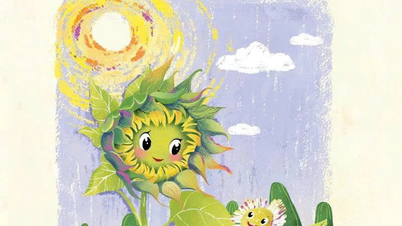

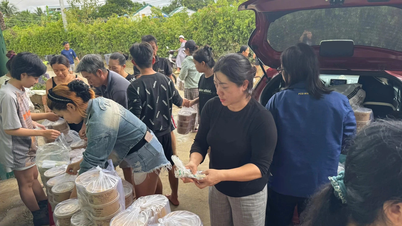













Comment (0)